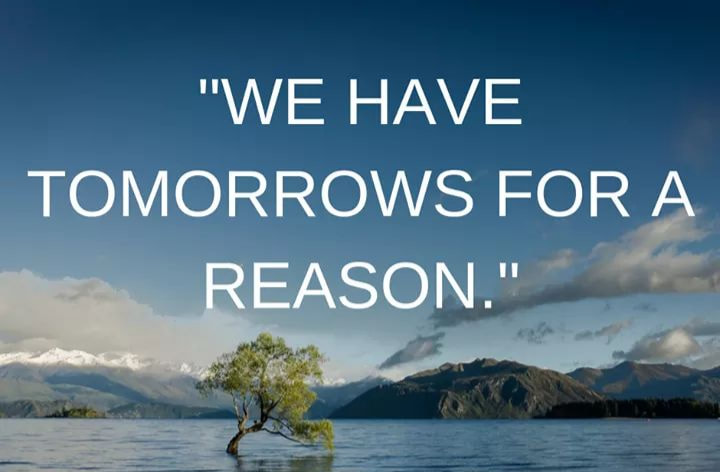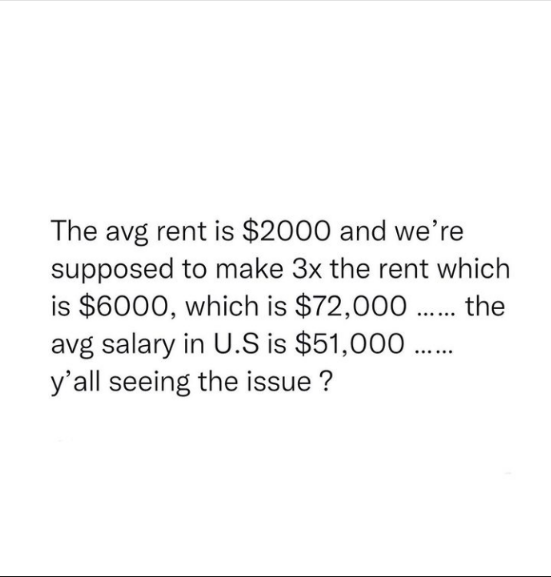Lucy Rodriguez
What I do is identify people who need help, assess their needs, situations, strengths and support networks to determine their goals. Develop mutually-agreed upon plans to improve their well-beings. Help people adjust to change and challenges in their lives including homelessness, unemployment, abuse, recovery, and family issues. I research and refer them to community resources. I respond to crisis situations. I follow up with them to ensure that their situation improved.
Like my facebook page: https://www.facebook.com/services562/
My contact number:
562-616-2471
You may text me at anytime.
https://m.me/lucy.rockriguez
Join my facebook group for FREE local resources;
https://www.facebook.com/groups/lucysfreeresources
OR look it up, its called, FREE RESOURCES & local events!
https://www.facebook.com/groups/lucysfreeresources/?ref=share
https://www.pinterest.com/lucy90804/
FOR DONATIONS; I have zelle, cash app, & venmo. Please email or text me for any monetary donations. 562-616-2471
To view my free resources please click on the upper corner tab of three lines for menu then click on resources. Also helpful websites. My help with my resources are free.
562-616-2471

Don't look down on the homeless you don't know or understand their story.
The stereotypical view of homeless people is that they are all substance abusers and became homeless due to their addictions. While I grant that surely it must be so in some cases, I say that it is in no way universally true.
The misery of homelessness itself drives many people into addictive behaviors. Ask yourself how many sexual assaults, how many beatings, how many humiliations, or how many nights sleeping cold and in pain - with no hope of escape - it would take before you had a drink to get yourself through the night?
Without a sound family support structure, people with developmental disorders or mental illnesses may lose their housing.
Lack of family support is a major issue for people with disorders such as autism or other mental or emotional issues which make interpersonal relationships difficult. Once such people become teens or adults their families will often step away assuming that such problems evaporate or are cured with adulthood, sometimes resulting in homelessness.
Much of homelessness is caused due to the high cost of rents these days. The process of trying to get an apartment is almost equal to that of buying a house (credit problems etc.). If you have ever been evicted chances are, no one will rent to you. Rents these days seem to cost as much as a mortgage and yet they call it "Fair Market Value", fair to whom, I'd like to know? What happened to rent control? Something definitely needs to be done as more and more families are ending up in the street. Our society seems to care more for homes and health of animals than they do for humans.
Everyone has a different story.
There are probably as many individual reasons people are homeless as there are people without homes. While I have not, by any means, listed all the reasons people become homeless it is my hope that I've illuminated a few that you hadn't considered before.
It is my hope that this lens has helped some to humanize people suffering in deep poverty in their own minds and to not blame them quite so much for their misfortune. It is my hope that you leave with the knowledge that the loss of a home is not just something that happens to addicts and bad people but that, in the wrong situation, it could happen to anyone.
Not everyone meets the rental requiredments like making 2.5-3 x the rent. Good credit. Not every has a savings account that covers Rent AND deposit off hand. Most people live paycheck to paycheck. You have to have a partner or roommate to make it happen and then there is the occupancy rules.
To be out there, homeless and unemployed with no family to turn to, leaves you feeling afraid and alone, like no one cares. You often wonder if you will ever make it out of the situation. Being unemployed and homeless presents drawbacks to getting hired because of not having a permanent residence, having bad hygiene and a lack of presentable, clean clothes.These missing resources make us angry at being turned down for jobs because at the end of the day, we are still homeless or sleeping in shelters or on the streets.Trust is a major issue between the homeless and the housed and many people look down on us like we are the scum of the world. The saying goes, “Try walking in the other people’s shoes and see how it feels.” The only real way for someone to know what homelessness is like is by being homeless. Despite there being governmental programs and resources, some people experiencing homelessness refuse that help because they do not trust others. Another challenge is that some have mental illnesses that have developed as a result of their situation. Sometimes, these mental illnesses have been a struggle for the person for his or her whole life and become worse because of their homeless condition.People experiencing homelessness also face challenges accessing healthy food. Even with food stamps, people without a home have no place to cook the food they purchase. This poses a health challenge because it is tough to get a good source of nutrients in foods that do not require cooking. Many people experiencing homelessness have medical conditions such as diabetes, high blood pressure, low iron or high cholesterol, which makes it even harder to eat well on food stamps or free meals from the community. It takes many resources, help and trust to put a person experiencing homelessness back into society. I know. I got all my resources from being homeless.
~ www.lucyro.weebly.com
The stereotypical view of homeless people is that they are all substance abusers and became homeless due to their addictions. While I grant that surely it must be so in some cases, I say that it is in no way universally true.
The misery of homelessness itself drives many people into addictive behaviors. Ask yourself how many sexual assaults, how many beatings, how many humiliations, or how many nights sleeping cold and in pain - with no hope of escape - it would take before you had a drink to get yourself through the night?
Without a sound family support structure, people with developmental disorders or mental illnesses may lose their housing.
Lack of family support is a major issue for people with disorders such as autism or other mental or emotional issues which make interpersonal relationships difficult. Once such people become teens or adults their families will often step away assuming that such problems evaporate or are cured with adulthood, sometimes resulting in homelessness.
Much of homelessness is caused due to the high cost of rents these days. The process of trying to get an apartment is almost equal to that of buying a house (credit problems etc.). If you have ever been evicted chances are, no one will rent to you. Rents these days seem to cost as much as a mortgage and yet they call it "Fair Market Value", fair to whom, I'd like to know? What happened to rent control? Something definitely needs to be done as more and more families are ending up in the street. Our society seems to care more for homes and health of animals than they do for humans.
Everyone has a different story.
There are probably as many individual reasons people are homeless as there are people without homes. While I have not, by any means, listed all the reasons people become homeless it is my hope that I've illuminated a few that you hadn't considered before.
It is my hope that this lens has helped some to humanize people suffering in deep poverty in their own minds and to not blame them quite so much for their misfortune. It is my hope that you leave with the knowledge that the loss of a home is not just something that happens to addicts and bad people but that, in the wrong situation, it could happen to anyone.
Not everyone meets the rental requiredments like making 2.5-3 x the rent. Good credit. Not every has a savings account that covers Rent AND deposit off hand. Most people live paycheck to paycheck. You have to have a partner or roommate to make it happen and then there is the occupancy rules.
To be out there, homeless and unemployed with no family to turn to, leaves you feeling afraid and alone, like no one cares. You often wonder if you will ever make it out of the situation. Being unemployed and homeless presents drawbacks to getting hired because of not having a permanent residence, having bad hygiene and a lack of presentable, clean clothes.These missing resources make us angry at being turned down for jobs because at the end of the day, we are still homeless or sleeping in shelters or on the streets.Trust is a major issue between the homeless and the housed and many people look down on us like we are the scum of the world. The saying goes, “Try walking in the other people’s shoes and see how it feels.” The only real way for someone to know what homelessness is like is by being homeless. Despite there being governmental programs and resources, some people experiencing homelessness refuse that help because they do not trust others. Another challenge is that some have mental illnesses that have developed as a result of their situation. Sometimes, these mental illnesses have been a struggle for the person for his or her whole life and become worse because of their homeless condition.People experiencing homelessness also face challenges accessing healthy food. Even with food stamps, people without a home have no place to cook the food they purchase. This poses a health challenge because it is tough to get a good source of nutrients in foods that do not require cooking. Many people experiencing homelessness have medical conditions such as diabetes, high blood pressure, low iron or high cholesterol, which makes it even harder to eat well on food stamps or free meals from the community. It takes many resources, help and trust to put a person experiencing homelessness back into society. I know. I got all my resources from being homeless.
~ www.lucyro.weebly.com




